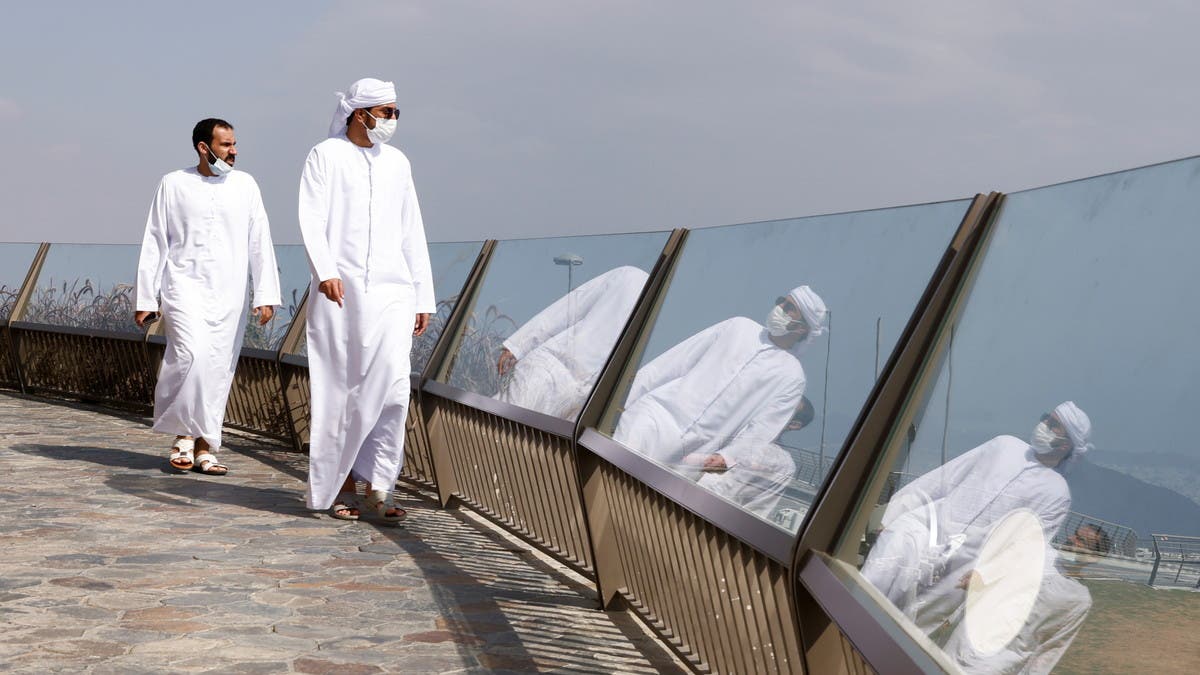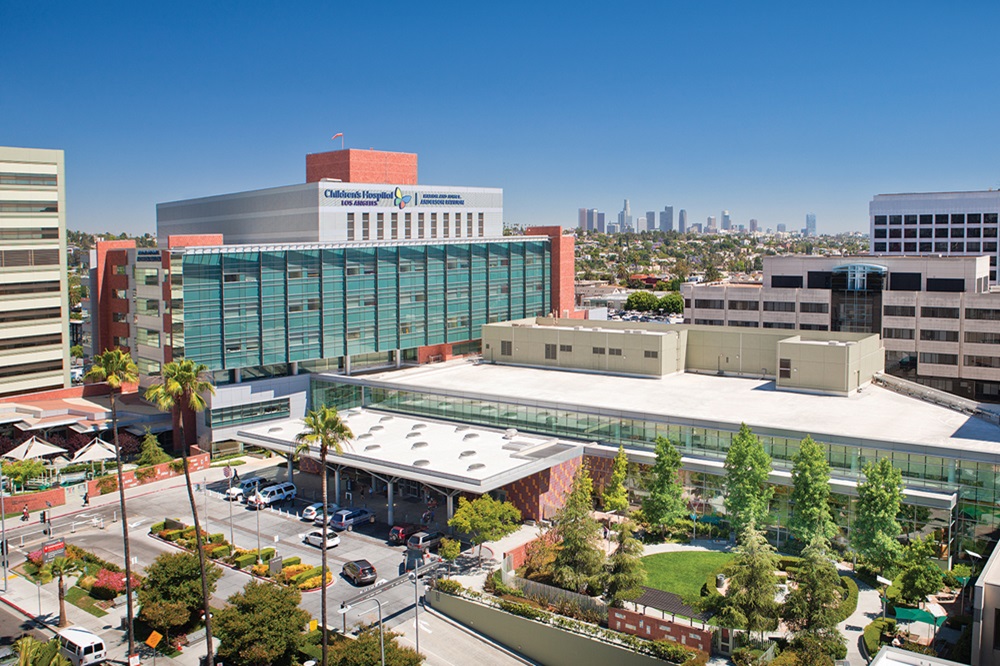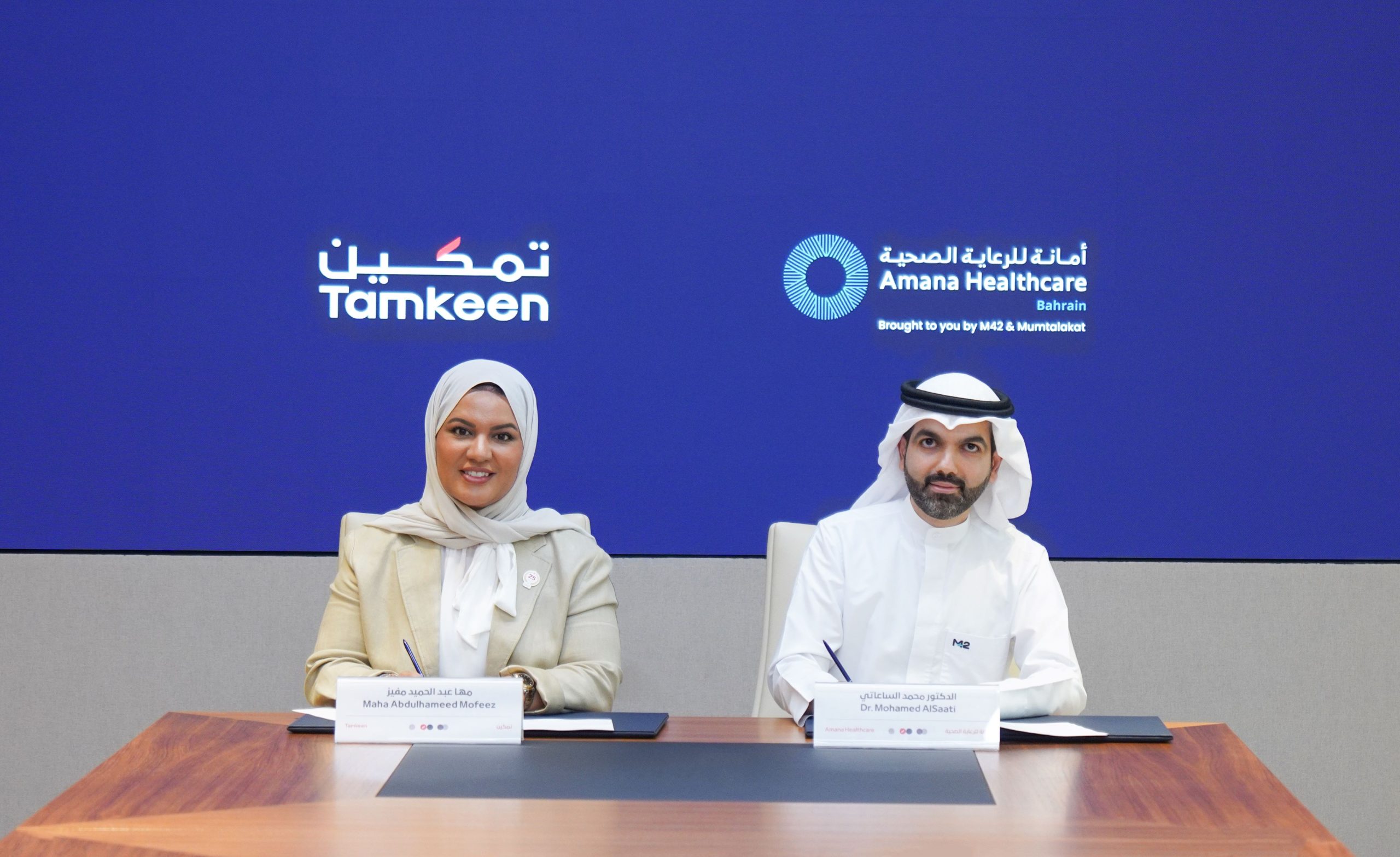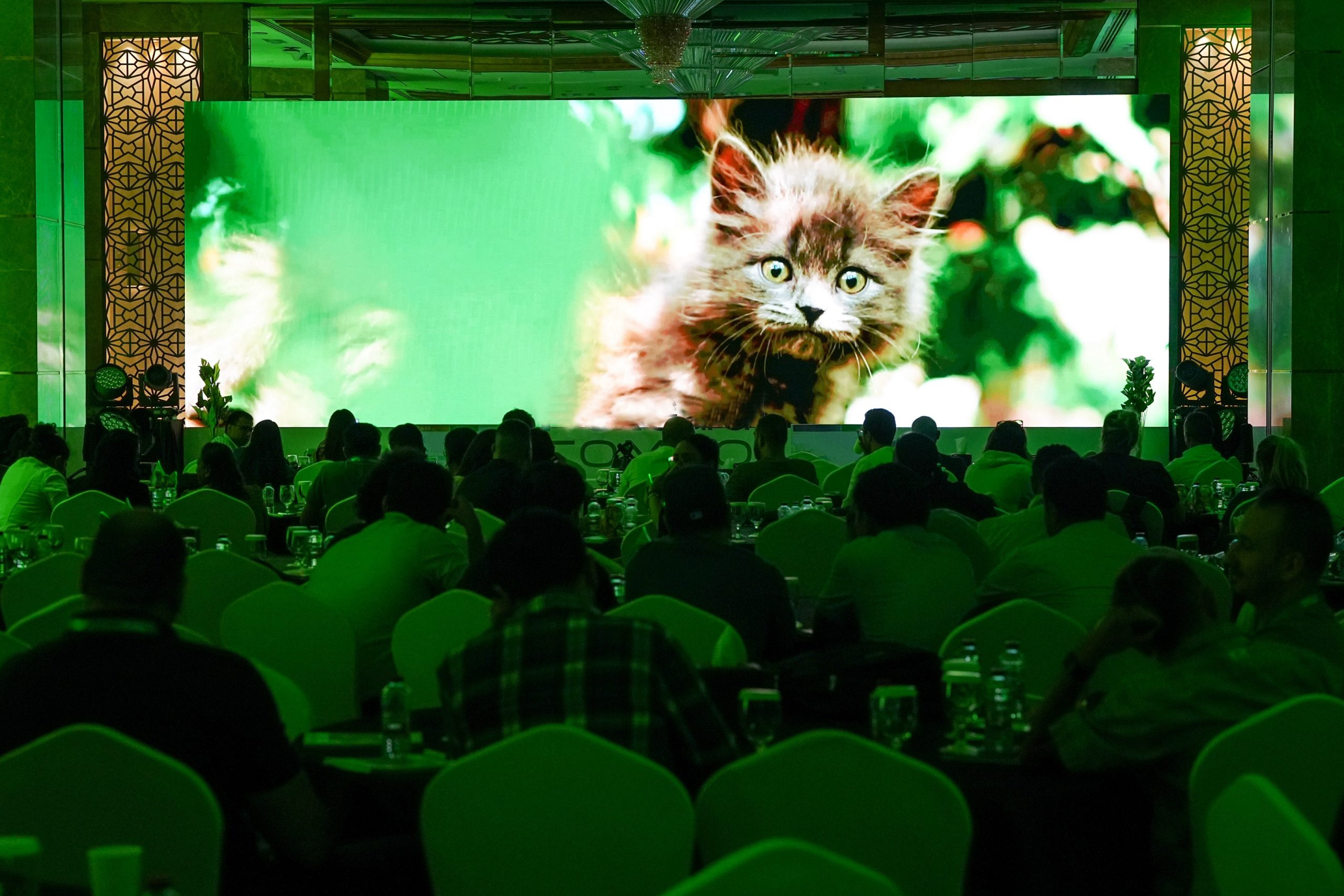The UAE’s National Emergency Crisis and Disasters Management Authority (NCEMA) announced changes to COVID-19 safety precautions, in a statement on the federal agency’s social media on Friday.
Travelers entering UAE through a land border are not required to conduct a pre-departure PCR test starting March 29. The rule also applies to those who are unvaccinated.
For the latest headlines, follow our Google News channel online or via the app.
However, a rapid EDE (Exponential Deep Examination) test will be conducted on arrival.
The green pass protocol on UAE’s Al Hosn contact-tracing app continues to be implemented widely in the capital city of Abu Dhabi, and selectively at events across the other six emirates.
Additionally, those in close contact with a COVID-19-positive case no longer have to quarantine. However, these individuals must take a PCR test on the first and seventh day, or when symptoms appear.
The rule went into effect immediately.
An earlier announcement said that government-sector employees will undergo testing daily for five days at a time in case of close contact with COVID-positive individual.
COVID-infected individuals will continue to observe the ongoing isolation protocols, although, wristbands are not required.
Mosques and Ramadan rules
Earlier in February, NCEMA approved the return of pre-pandemic time intervals between prayer calls and the iqaamah. Mosques can also provide holy Quran books in a limited number but they will need to be sanitized after each prayer.
Physical distancing of one-meter between worshippers in mosques and places of worship still apply.
Health authorities in the UAE recently announced new COVID-19 safety rules and procedures for Ramadan tents for the upcoming holy month, marking the first time that Iftar tents are permitted since the pandemic’s onset in 2020.
Read the latest updates in our dedicated coronavirus section.
Each Iftar tent will need to obtain a permit from the Emirates Red Crescent and will be allowed to open two hours before Iftar time (Maghrib call to prayer) in an effort to safeguard the population by reducing crowding, NCEMA and its main partners said earlier this month.
Occupancy levels and the use of the Al Hosn app to enter Iftar tents are yet to be determined by each emirate.
Tent guests must maintain physical distancing and keep masks on at all times unless eating or drinking. Face masks and hand sanitizers will also be provided to guests in each tent. NCEMA also asked that guests try to avoid shaking hands with others.
Some other guidelines include the use of open-air tents and disposable table covers, plates, cups and cutlery.
As of March 25, the UAE reported a daily COVID-19 case count of 347. This brings active infected population to 24,420. Vaccinations are widely adopted in the country with at least 97 percent of the country’s residents fully vaccinated.
Al Arabiya English’s Tala Michel Issa contributed to this report
Read more:
Shanghai won’t lock down despite COVID-19 cases spike: Official
China continues ‘severe and complex’ fight against COVID-19
Singapore to lift COVID-19 travel curbs for vaccinated travelers


 World3 years ago
World3 years ago
 World3 years ago
World3 years ago
 Business1 year ago
Business1 year ago
 Entertainment8 years ago
Entertainment8 years ago
 World8 years ago
World8 years ago
 Entertainment8 years ago
Entertainment8 years ago





